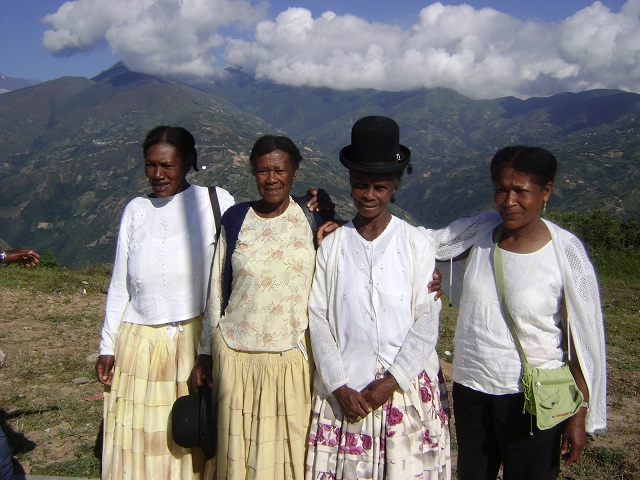
Andes, Bolivia, Dispatches
“We Of The Saya”: An Interview With Filmmaker Sisa Bueno
June 13, 2012 By Mari Hayman
Your film seems to address how indigenous Bolivians work together with Afro-Bolivians to pass the constitution, and it seems like it was sometimes a difficult relationship. I was wondering, what surprised you about that while you were filming down there?
I’m glad you bring that up because that’s such a complex thing, and I’m trying to make sure that that’s communicated clearly — the complexity of it. That [indigenous Bolivians] allowed them in, but at the same time, there were moments where they were like, you know what? We came first. That was what surprised me — that they said that they came first. Here we’re allowing you in our space, to sit here and to talk with us, but we’re the ones who preexisted. We preexisted. That’s a huge term, “preexistencia”. They were here before the colonizers came and that is the reasoning for everything. And it’s totally valid. But at the same time, they’re not taking into consideration the other factors. Alejandro and Martina, the two people who spoke out in that scene, said that they were brought there [as slaves] and that didn’t have any control over that. So it was that kind of dynamic that surprised me. But at the same time, it’s human nature. Although I was surprised, at the same time I kind of wasn’t — because in their minds their country was stolen, their land was stolen.
How has this constitution actually met the needs of Afro-Bolivians and indigenous Bolivians?
I know an immediate result for the Afro-Bolivian community is that they got their first Afro-Bolivian representative, the first Afro-Bolivian congressman, Jorge Medina, who represents the Yungas region in Congress. So that was an immediate result of the new constitution, which was an amazing achievement. So there are positive results. I’m sure there are other positive results that have impacted the indigenous population as well.
In 2000, the U.S. census also changed and we started to recognize multiracial individuals in the U.S., and there was controversy surrounding that. I’m curious if there is much recognition of multiraciality in Bolivia?
I think that goes to the mestizo comment because mestizo is a mixed identity. It’s a European-descended indigenous person. What’s interesting is that during this whole controversy with the constitution, for some reason there were these other comments out of left field. One of them had to do with the census and labeling the Afro-Bolivian community as “Afro-Aymara”. I mean, all of them. Afro-Bolivians and Aymara Indians do coexist in that region, so there definitely and always has been a lot of mixing, but you can’t necessarily say that all Afro-Bolivians have indigenous blood. Martina, who is the principal character in my film, clearly does not have any indigenous blood in her. But there was this kind of push while I was there to force Afro-Bolivians to be called “Afro-Aymara”. That died after awhile and the idea to push that legislation stopped, but that was an interesting moment, for at least a few months, while they were trying to push that idea.
Why did it die?
I think it was because they were having much more success merging with the indigenous movements, but as their own entity, and so I think they were making a lot more progress. And I think people started to actually see [Afro-Bolivians] as a legitimate group, to literally see them on the streets and really understand that they’re different. It just faded away.
Since you spent time in Bolivia, I’m curious about the the experience of being African-American in the U.S. versus the experience of Afro-Bolivians. In what ways do you think those identities differ and how are they the same?
I’m going to say that when I first came back here in 2009 from filming, I assumed that the African-American population would welcome and want to know about this story. And I didn’t get that kind of reaction. And I’m not going to blame people. I think at the time I came back, I didn’t really know how I wanted to tell this story, because it was a lot to process for me. How do I condense and simplify the complex environment and complex events and complex theories and ideas into a 60 minute story? So I put some of that blame on me, because when I came back I didn’t communicate it clearly. But nevertheless, I really did think I would have more of an interest from African-American organizations, particularly ones who are involved in documentary film, and that hasn’t been the case. Or even Latino organizations who are involved in documentary, and that also was not the case.
So I think, here in the U.S., we really confine ourselves to these kind of labels that were not created by us, but for us. If we don’t fit in the right peg of what “black” is — because blackness is universal, blackness represents the diaspora, and “African-American” represents only the people who were born in this country, right? But for some reason, in this country, “black” and “African-American” are the same. At least in my view, that’s not the same thing. “Blackness”, like I said, is a global existence.
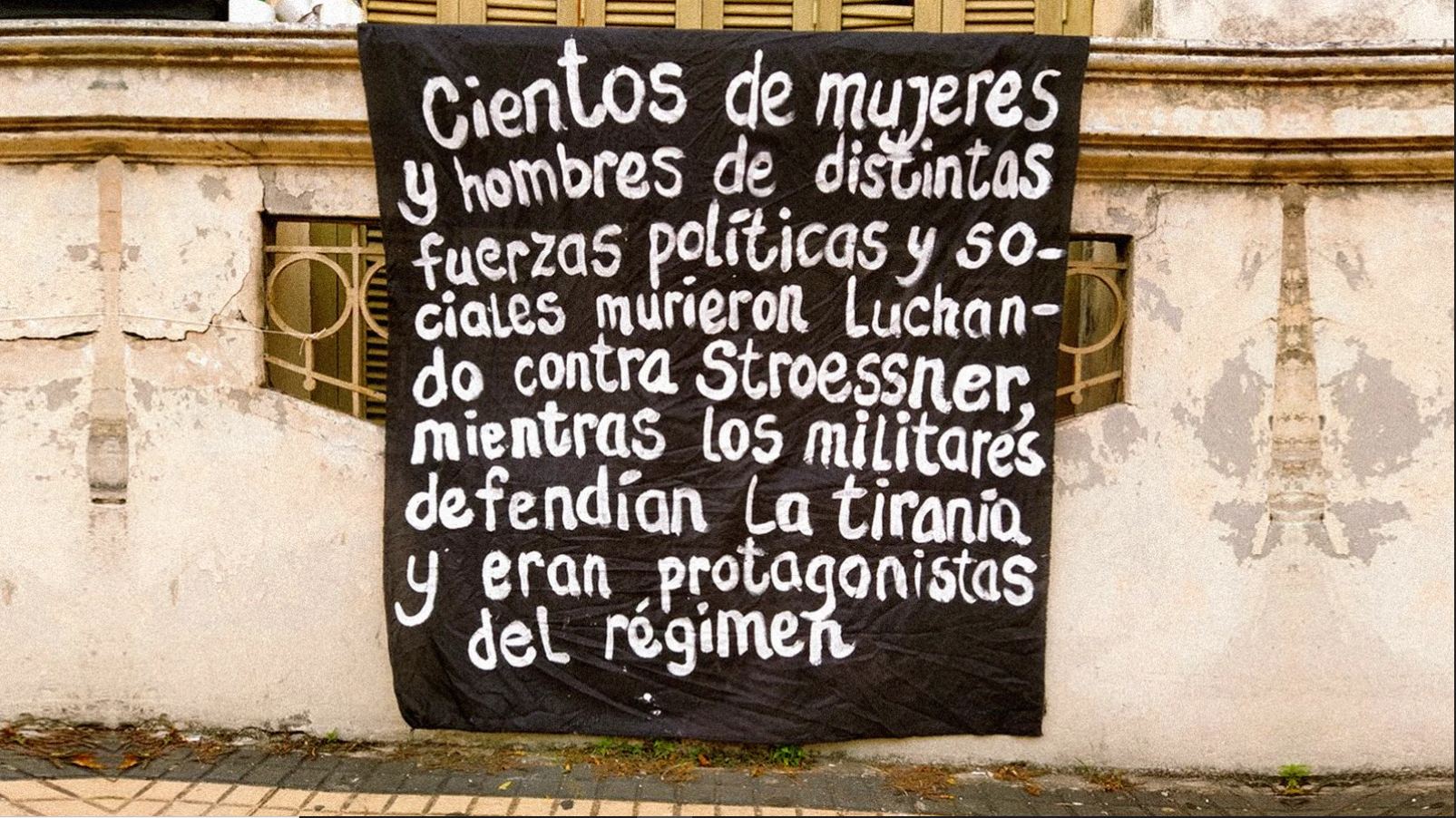
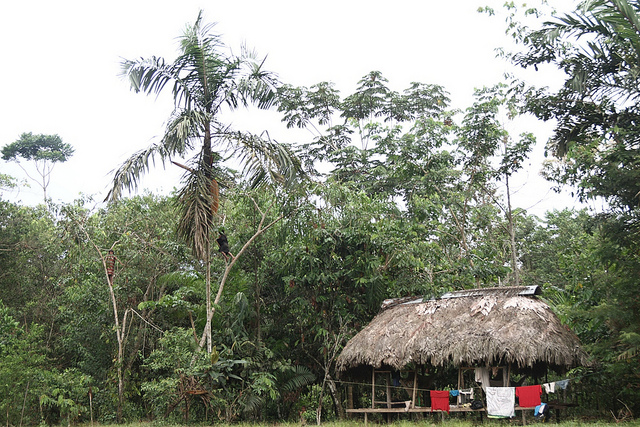

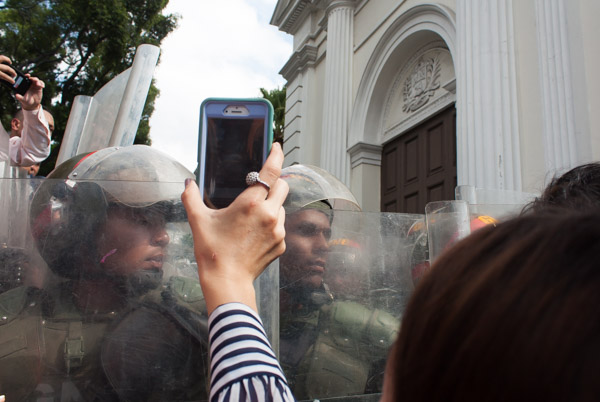
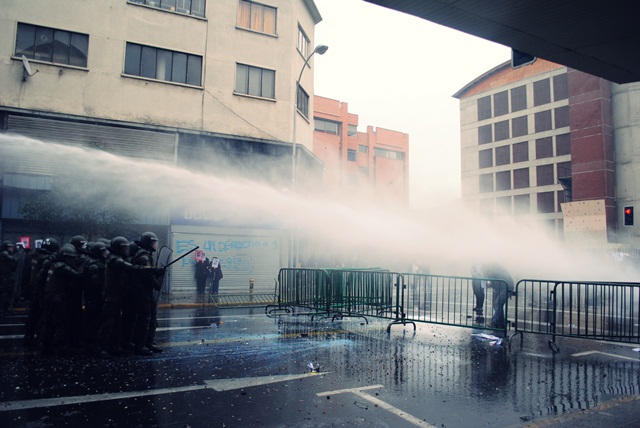
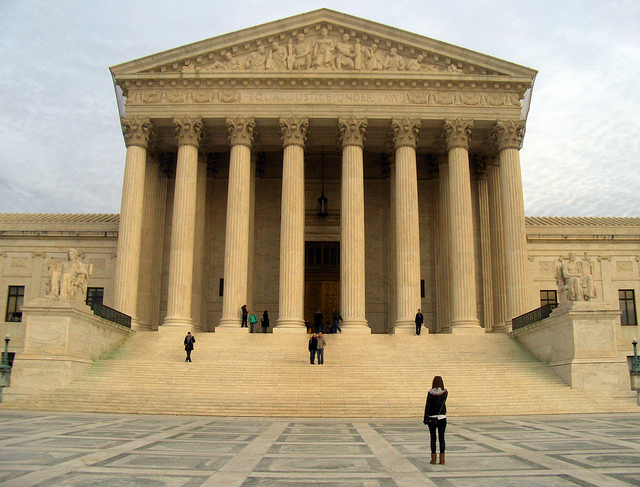
1 Comment
[…] WANT MORE INFO? Check out this excellent interview. Like this:LikeBe the first to like this. ← Prev Next → Got something to say? Go […]
Comments are closed.